On the occasion of the signing ceremony of the Hanoi Convention on Combating Cybercrime in Hanoi on October 25-26, Mr. Artur Liukmanov - Director of the Department of International Information Security of the Russian Foreign Ministry and Special Representative of the President of the Russian Federation for International Cooperation in the Field of Information Security, had an interview with VNA reporters in Moscow, assessing this important event as well as the cooperation between Russia and Vietnam in the field of cyber security.
Mr. Artur Liukmanov said that since the initiation of the Hanoi Convention, the Russian Federation has actively supported Vietnam at the plenary session of the United Nations General Assembly in December 2024, and has closely coordinated with Vietnamese agencies to prepare for the signing ceremony.
Russia and Vietnam have jointly organized many activities such as training on preventing and combating large-scale cyber attacks, capacity-building workshops and technical support for the fight against cybercrime.
He affirmed that Vietnam is completely worthy of the honor of being chosen as the venue for the first United Nations Convention on Cybercrime Prevention and Combat in 20 years, and that Russia is also proud to contribute to the international community's joint efforts in this field.
Regarding Vietnam's efforts in the field of cybercrime prevention and international cooperation, Mr. Liukmanov emphasized that Russia and Vietnam share the same views and have signed many cooperation agreements between the Ministry of Foreign Affairs and relevant agencies.
In particular, the two sides have an intergovernmental agreement on ensuring international information security, which is being actively implemented. The Hanoi Convention, which is about to be signed, is also the result of bilateral cooperation between Russia and Vietnam and other international partners.
According to him, the common direction of Russia and Vietnam is that UN member states need to build legally binding agreements to ensure security and safety for people.
Regarding specific cooperation between Vietnam and Russia in preventing and combating cybercrime, Mr. Liukmanov said that the two sides regularly exchange experiences and coordinate through many channels, including the United Nations Security Council, the two countries' Ministries of Internal Affairs, seminars, conferences and training programs for information security experts. The two countries' outstanding common point is that they attach importance to the human factor in the task of ensuring information security. In addition, cooperation is also carried out within the framework of the dialogue between Russia and the Association of Southeast Asian Nations (ASEAN), with the dialogue session on information security taking place in Sochi on October 23, with the participation of Vietnam.
He also stressed that although the establishment of the Hanoi Convention is a big step forward, there are still new tasks in this field. As cybercrime is increasingly sophisticated and agile, it is extremely necessary to maintain effective cooperation mechanisms, regular meetings and discussions. He affirmed that this is a common battle of all countries in the context of strong development of information technology today.
Mr. Liukmanov said that cybercrime is a cross-border and anonymous crime, creating loopholes for criminals to avoid detection by authorities. Therefore, the participation of all countries is very important in preventing this type of crime.
The Hanoi Convention has received wide support from United Nations member states because it aims to establish an effective cooperation mechanism and attract the participation of information technology innovators in efforts to ensure information security and prevent and combat cybercrime.
He also emphasized the issue of technological sovereignty, that no matter which country the technology belongs to, information security for the people must still be ensured./.
Source: https://www.vietnamplus.vn/cong-uoc-ha-noi-chong-toi-pham-mang-can-su-chung-tay-cua-tat-ca-cac-quoc-gia-post1072235.vnp


![[Photo] Prime Minister Pham Minh Chinh chairs meeting on railway projects](https://vphoto.vietnam.vn/thumb/1200x675/vietnam/resource/IMAGE/2025/10/23/1761206277171_dsc-9703-jpg.webp)
![[Photo] Prime Minister Pham Minh Chinh meets with South African President Matamela Cyril Ramaphosa](https://vphoto.vietnam.vn/thumb/1200x675/vietnam/resource/IMAGE/2025/10/23/1761226081024_dsc-9845-jpg.webp)
![[Photo] President Luong Cuong holds talks with South African President Matamela Cyril Ramaphosa](https://vphoto.vietnam.vn/thumb/1200x675/vietnam/resource/IMAGE/2025/10/23/1761221878741_ndo_br_1-8416-jpg.webp)



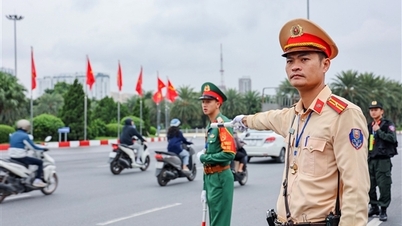

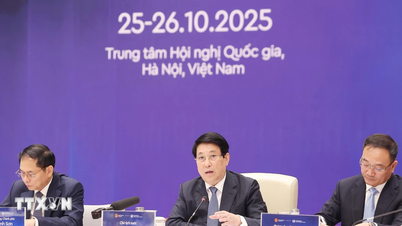
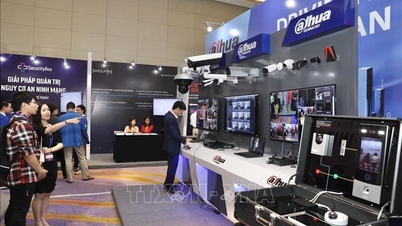

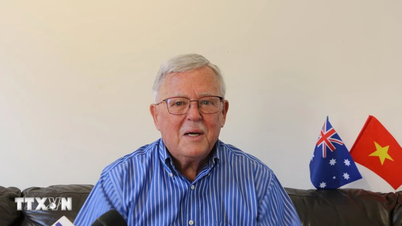
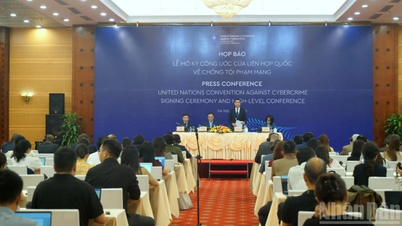


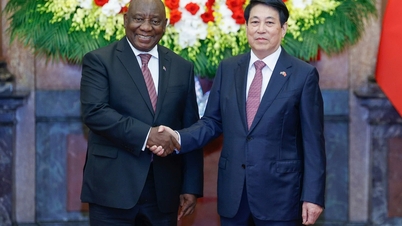

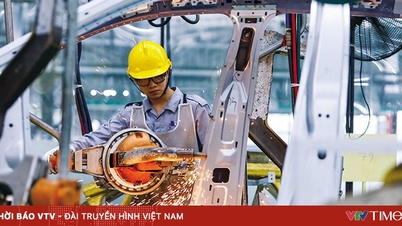

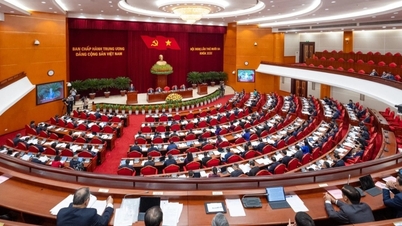

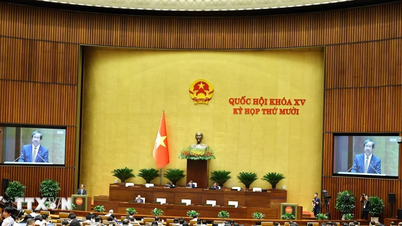
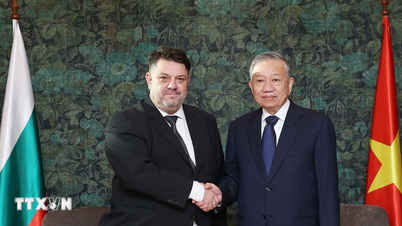
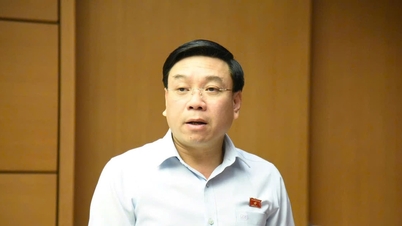





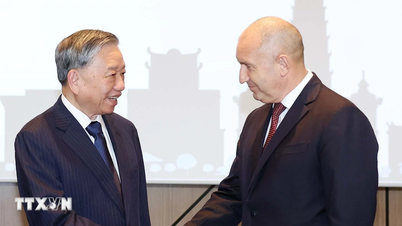


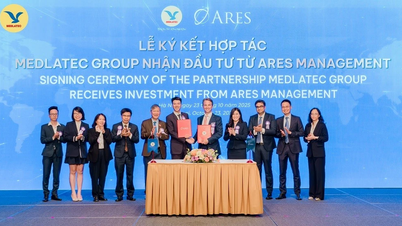
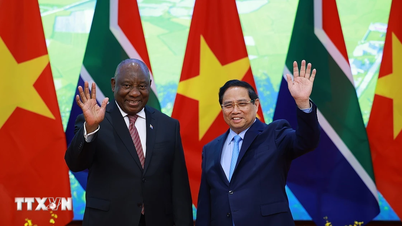
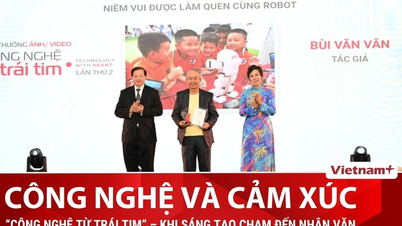




































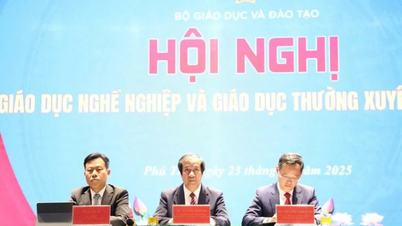

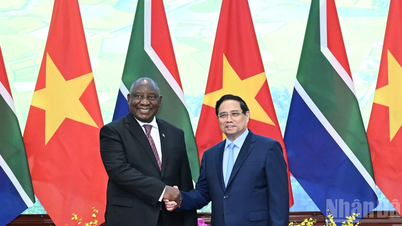





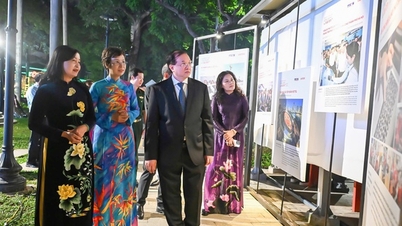



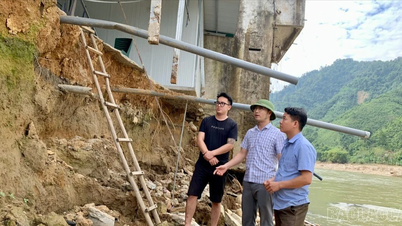

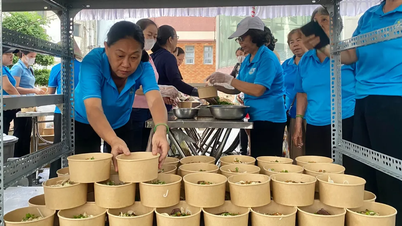

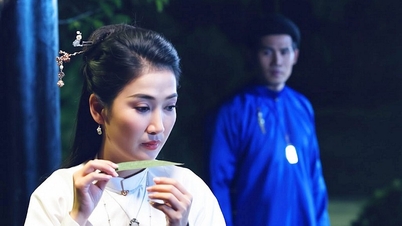

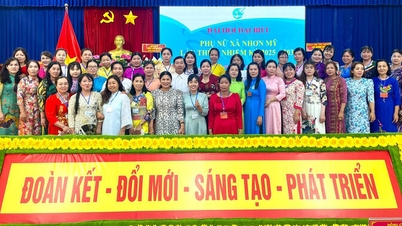

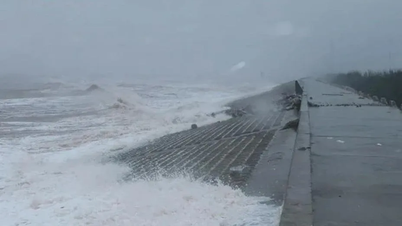












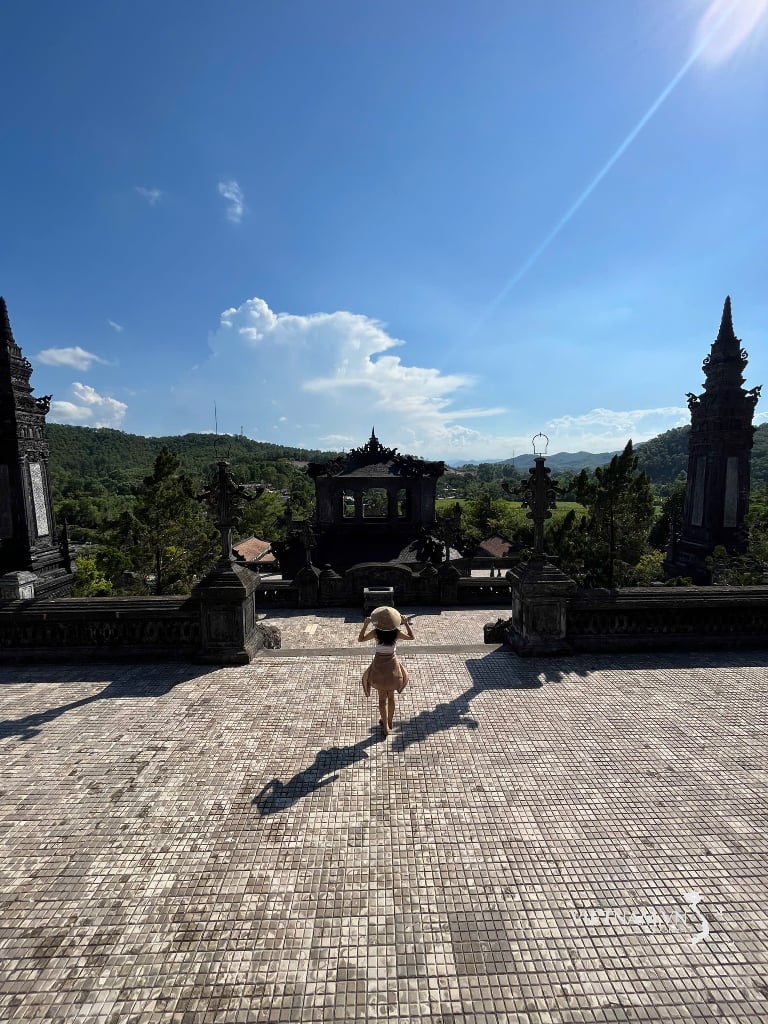
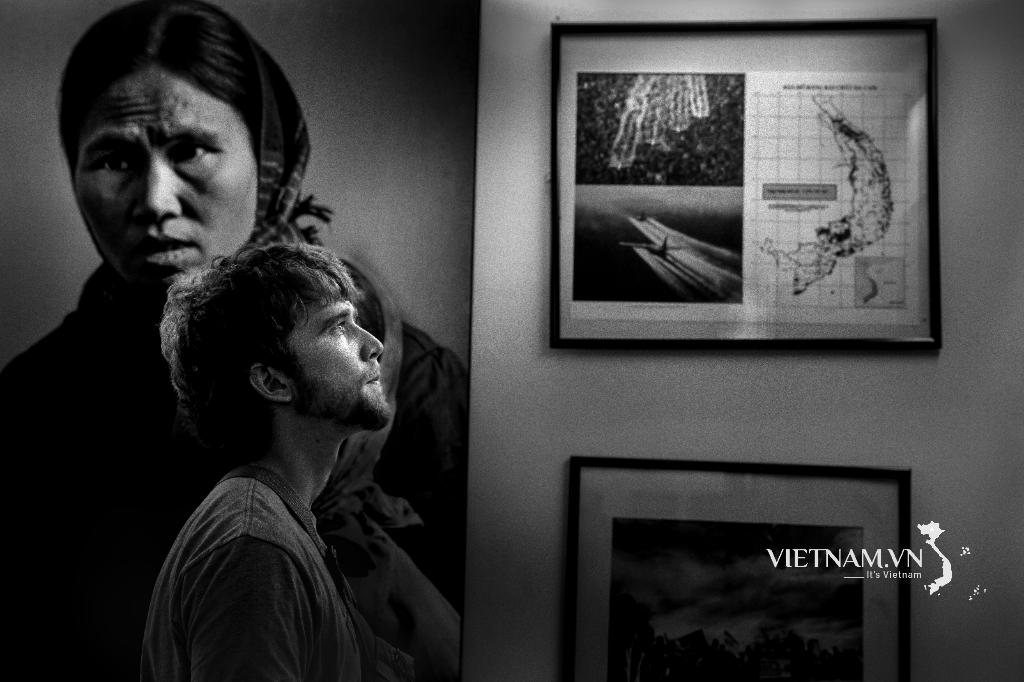


Comment (0)